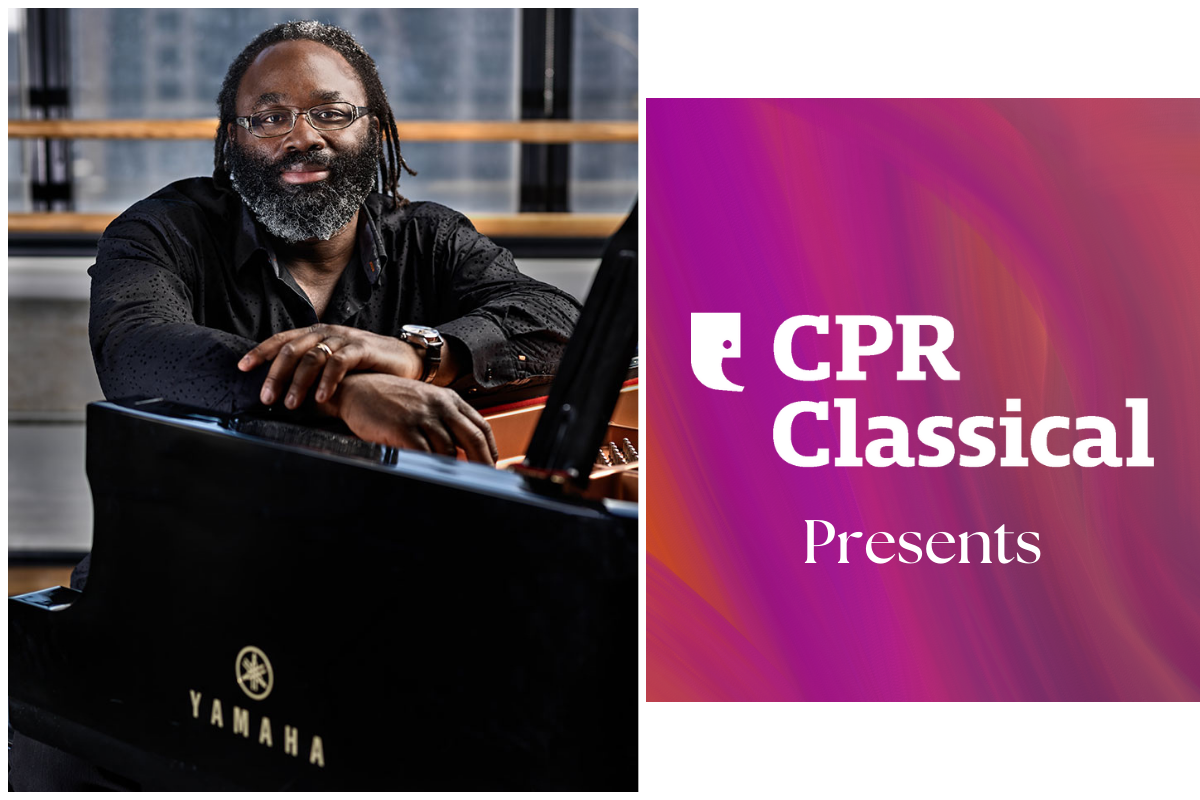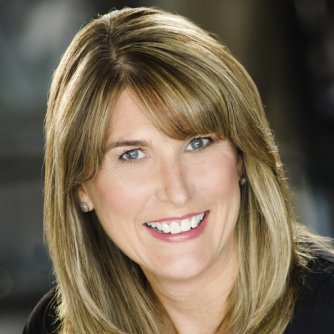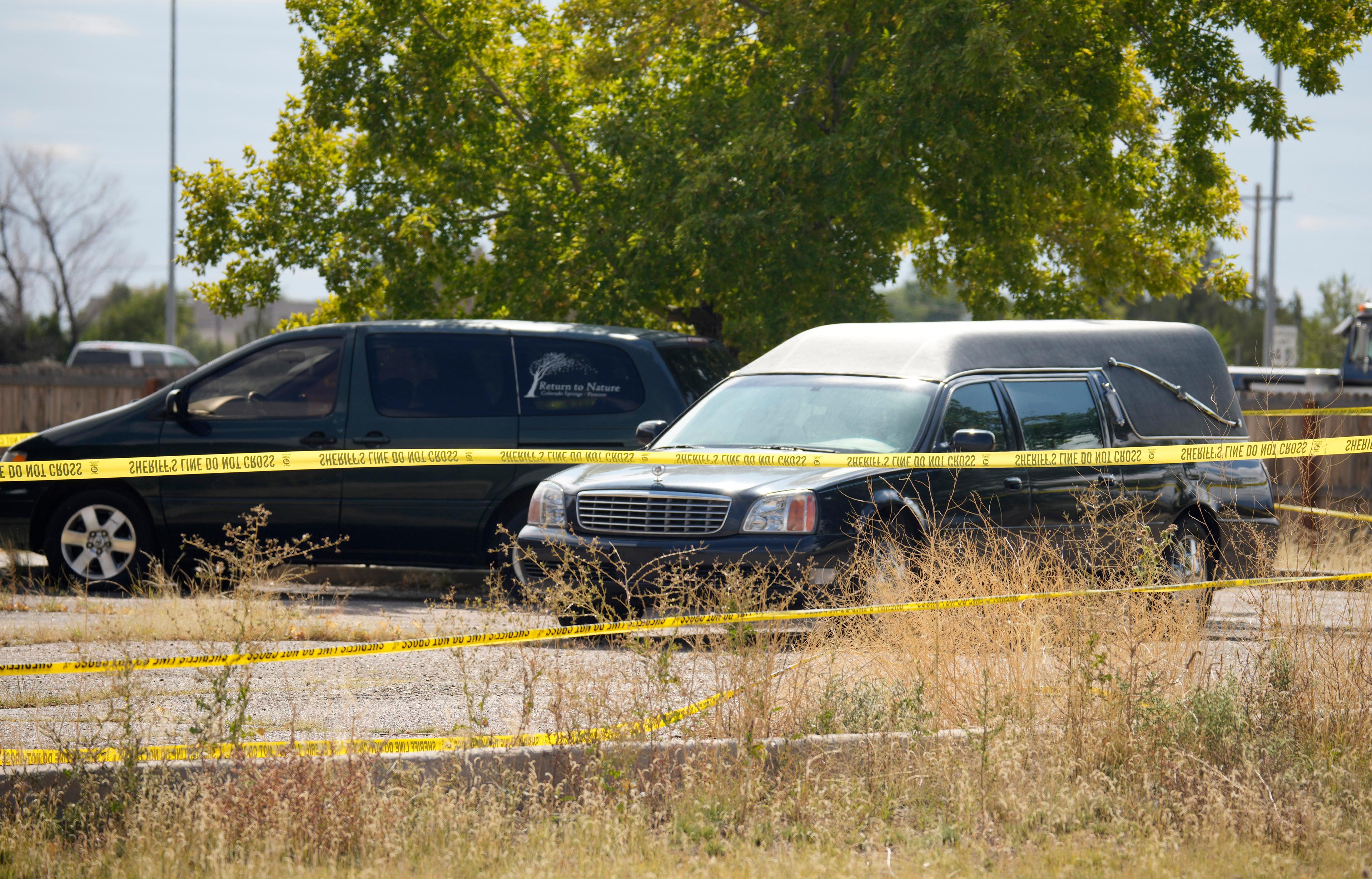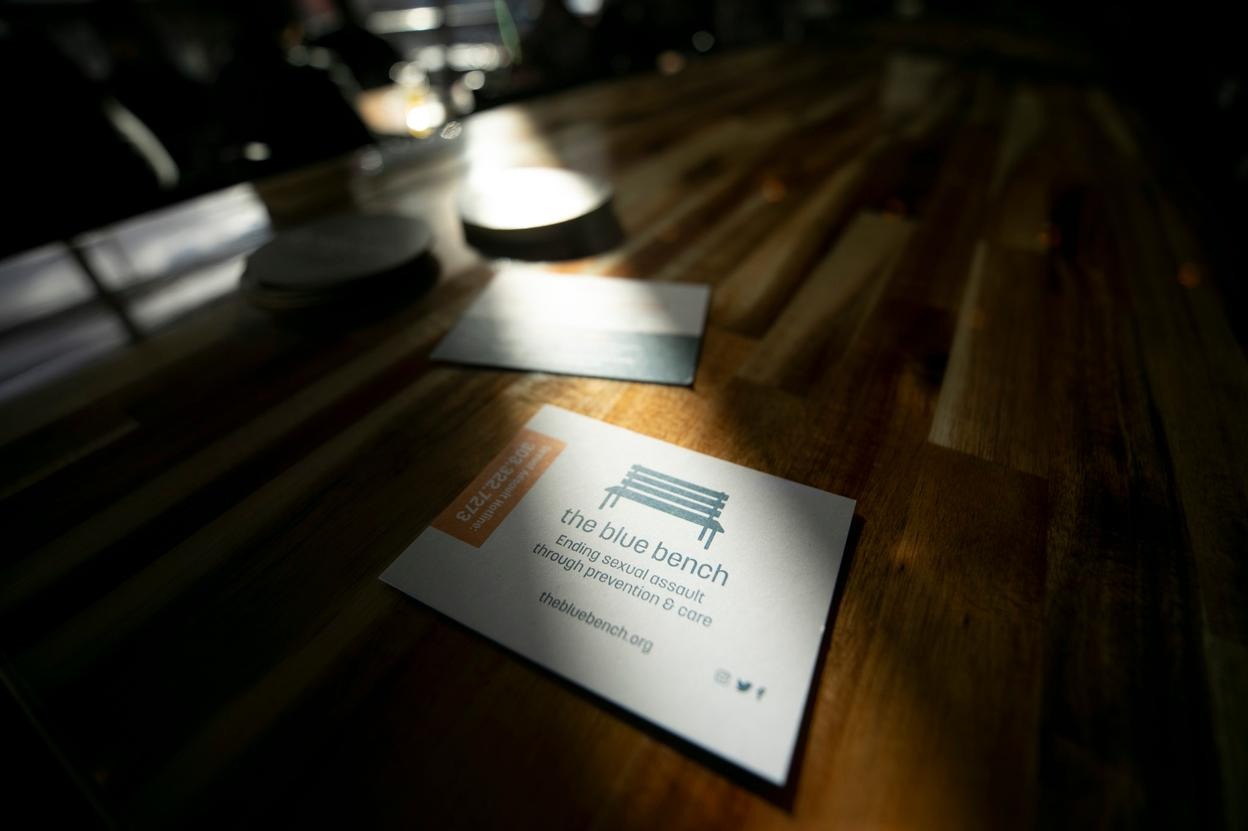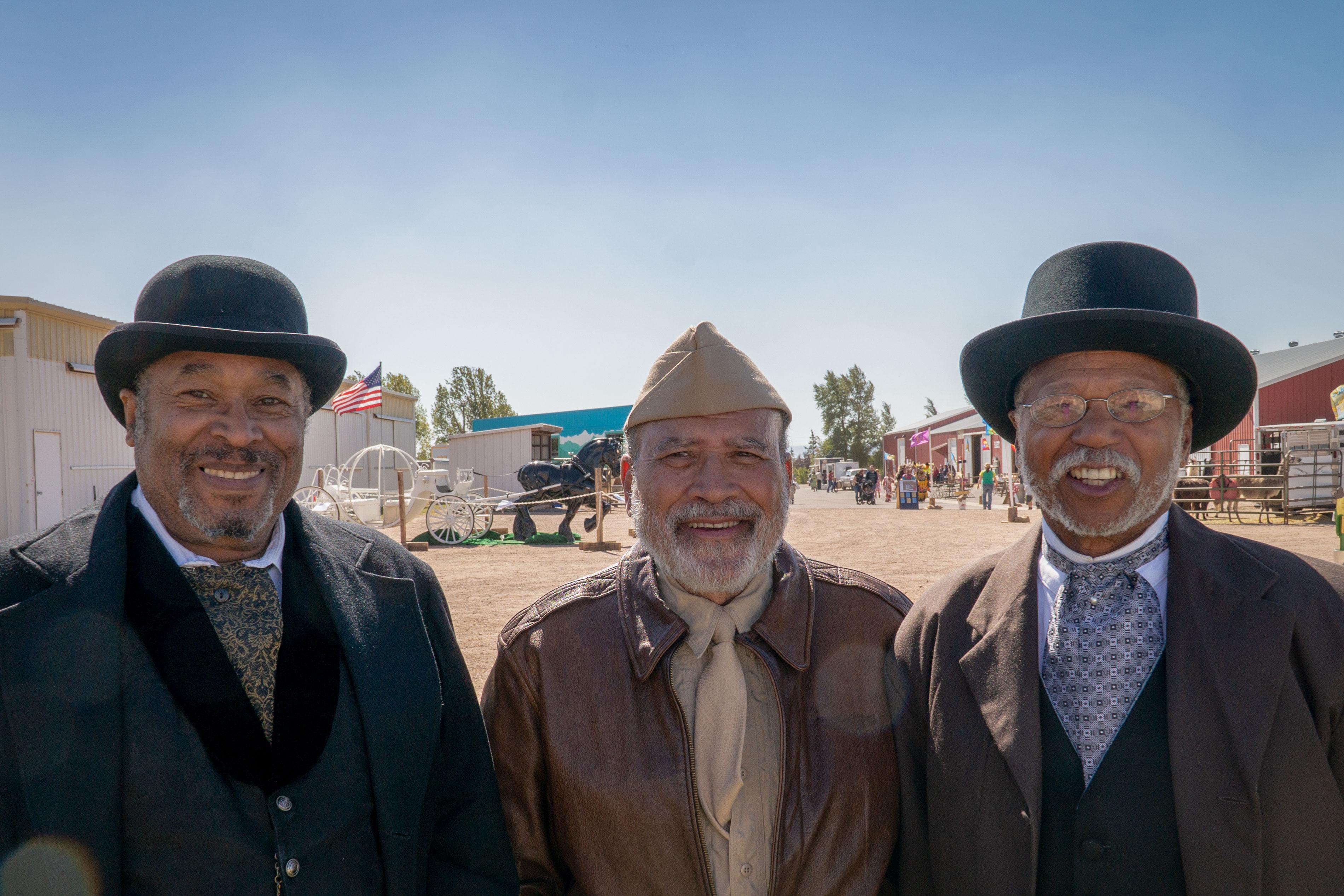

The Facebook post said Denver’s Black American West Museum & Heritage Center was seeking actors for an apprenticeship. But not just any kind of actors — the museum was recruiting artists to learn the craft of historical reenactments from experienced reenactors.
Brihtney O’Brien, an actress, said her kids inspired her to respond to the post. So she booked a seat on an early morning bus to the Higher Ground Fair in Laramie, Wyoming.
“If I can have any part in making sure that my kids and other children learn more about our history and how important it is, I definitely want to be part of that,” O’Brien said. “It's not just black history, it's Colorado history as well.”
This is the second year the Denver museum has taken residents up to the Higher Ground Fair, an annual celebration of rural living in the Rocky Mountain Region. The museum has hosted live reenactments at the festival and, by organizing transportation up north, it hopes to give people easy access to learning about the historical contributions of blacks in the West.
They’re looking for recruits like O’Brien because they are in the early stages of reestablishing the History Alive Reenactors Guild. The group, founded in the 90s by educator Jane Taylor, was dedicated to reenactments of Colorado’s black history. Every year, the guild hosted a reenactment training seminar.

John Thomas was a member of HARG and said he “kind of backdoored into this reenactment role” after, in 2011, a Gilpin County choir he was in decided to put on a production called “Colorful Colorado.” The choir brought in Jane Taylor’s History Alive Reenactors Guild.
Thomas, the only African-American in the choir at that time, was selected to play O.T. Jackson, who co-founded the black majority Weld County settlement of Dearfield in the early 1900s.
“I did my little piece on O.T. Jackson and before I could sit down, Jane snatched me and said, ‘you will be a reenactor,’” Thomas, who’s only prior experience with acting was in high school, said.
From that moment on, Thomas was hooked on historical reenacting.
In Laramie, he performed a reenactment as a Tuskegee airman, reciting a monologue as if he was one of the black military pilots who fought in World War II.
A taste of the feature I’ve been working on this week. I met 3 reenactors looking to pass on this tradition to future generations. They want to preserve the history of African-Americans’ contributions in the Rocky Mountain region. pic.twitter.com/jcWRL7T6yC
Taylor, who died in 2012, was also instrumental in getting another performer, Alton Clark, into reenacting. At the Higher Ground, Clark played escaped slave Lewis Price, who became a successful businessman after moving to Denver in the late 1800s.
Dressed in a dapper suit and hat, reminiscent of when Price was alive, Clark explained that reenactments take an incredible amount of focus. He has to fully immerse himself in the time period of Price.
Clark credited Taylor with drilling into him the importance of really knowing his historical figure.
“She brought the documentation to us and then we went over it and over it and practice and practice and practice and then we’d practice some more learning each aspect of that person's life,” Clark said.
Denver-based reenactor Steve Shepard was also a member of HARG and is presently on the museum’s advisory committee. One of the biggest challenges of passing this tradition on, he said, is getting younger generations to not view history through a modern-day lens. To steep himself in his historical persona of civil rights pioneer Barney Ford, Shepard reads books from when Ford was alive, in the 1800s.
It’s been his experience that reenactments are an invaluable way to engage people in a part of Colorado history that doesn’t always get told, “because humans experience an actual person talking to them about their lives and it's so much more receptive than being lectured to.”
When asked what doing reenactments teaches him about present life, Alton Clark replied, “History repeats itself.”
Shepard, who sat next to Clark, nodded his head: “I've seen these [news] cycles before and I've read about these cycles before, which means that gives so much more valued to reenactment as well as the study of history.”

